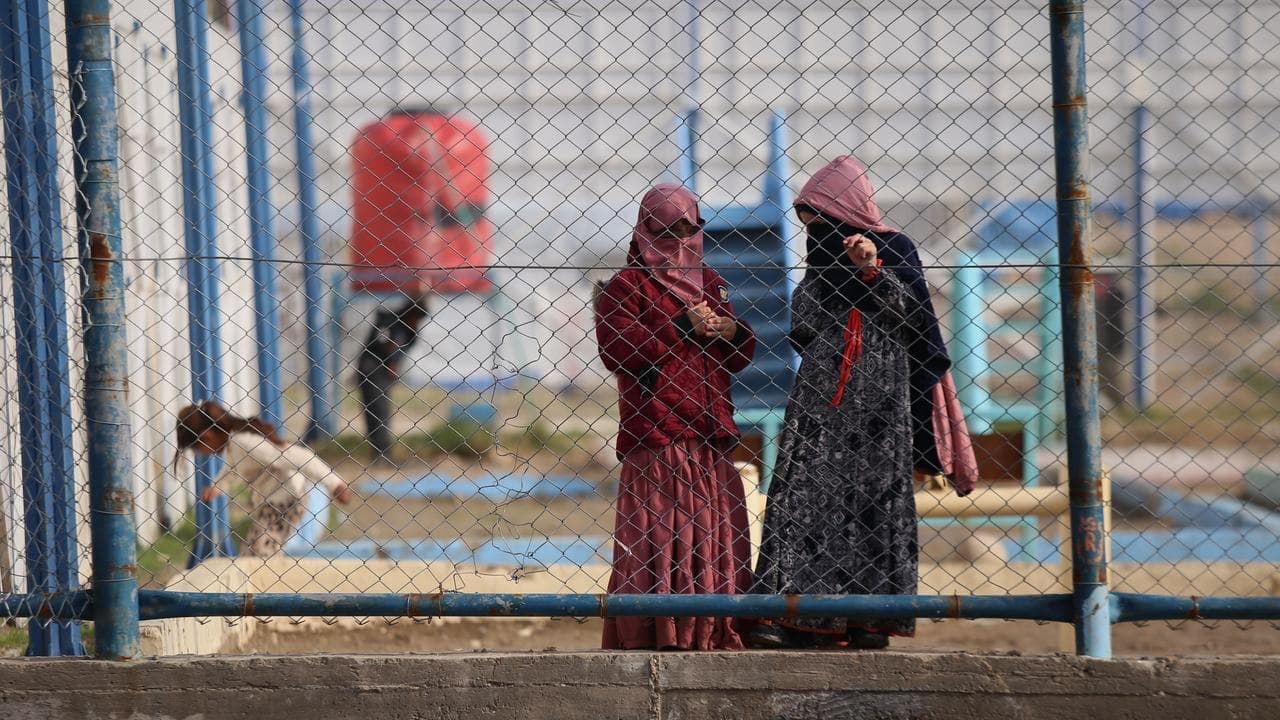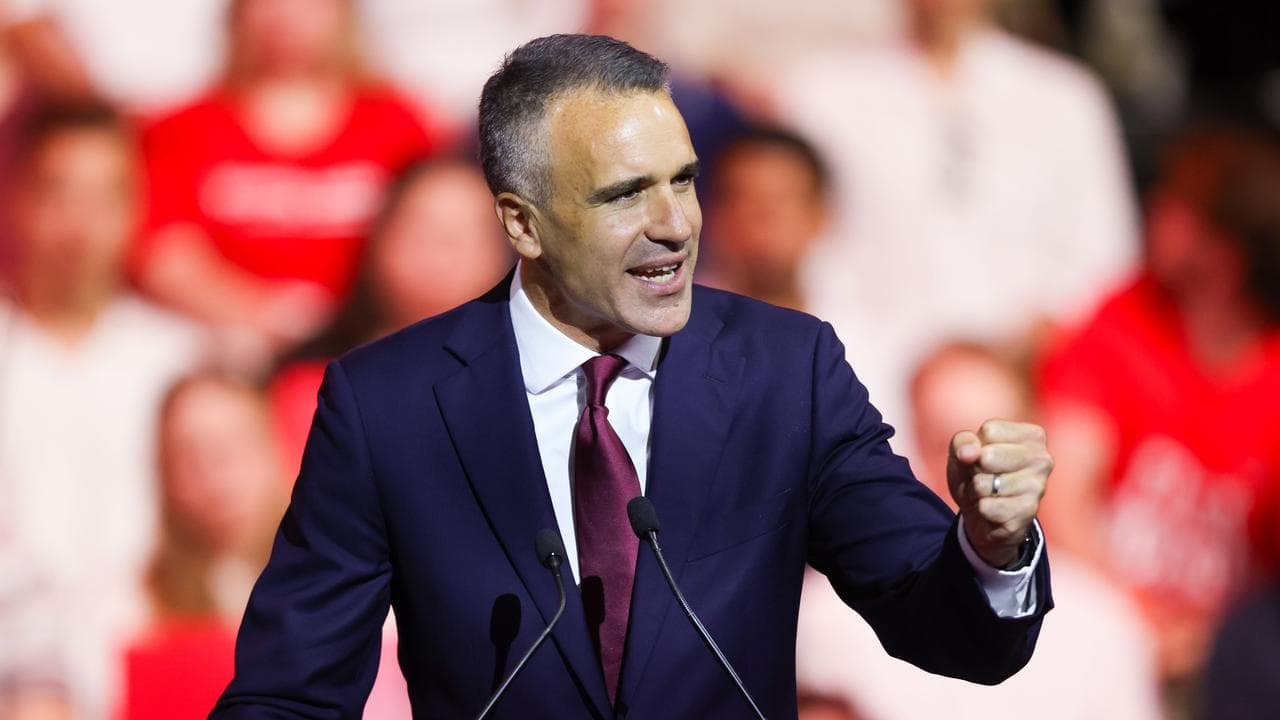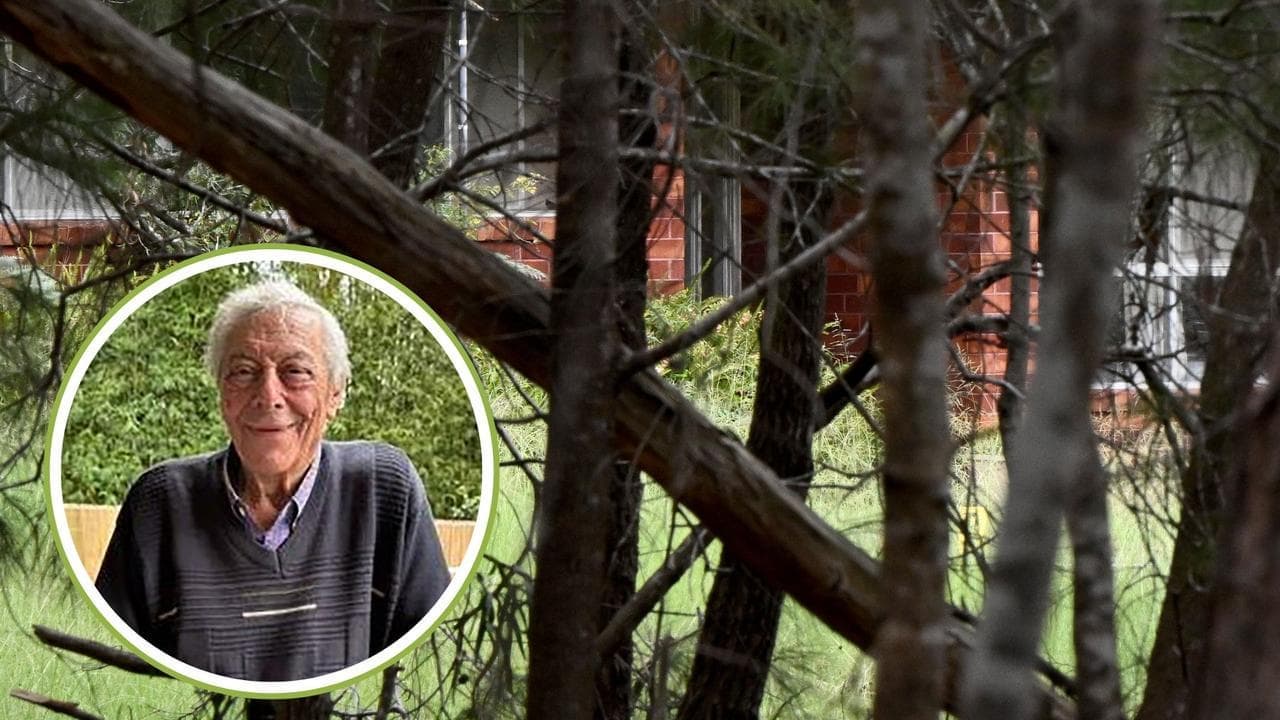The Statement
An Instagram post questions the value of wearing a face mask to prevent COVID-19 by comparing the approach to that used for other diseases, such as influenza, tuberculosis and the common cold.
The post features an image of a woman wearing a mask and asks, "If you've never worn a mask for any of the following: Common cold, influenza, diphtheria, whooping cough, pneumonia, tuberculosis, bronchitis, Then ask yourself, Why are you wearing one now?"
At the time of publication, the post by an Instagram user who lists New Zealand as their location has been viewed more than 1000 times.

The Analysis
The Instagram post is one of many on social media - see examples here, here and here - that dismiss the utlitity of mask-wearing to protect against COVID-19 by questioning why the face coverings aren't also worn for the prevention of other infectious diseases.
However, the diseases listed in the post have either effective vaccines or treatments available,or cause few deaths, unlike COVID-19.
While testing and development for a vaccine is underway, the World Health Organization currently advises that there are no medicines that have been shown to either prevent or cure COVID-19.
Of the diseases mentioned in the post, most have some form of medical treatment or vaccine available. There are multiple preventative vaccines for flu and whooping cough, and there are effective treatments for diphtheria and tuberculosis.
Professor Michael Baker, an epidemiologist and a member of the New Zealand government's COVID-19 Technical Advisory Group, noted that COVID-19 is a new, fast-spreading virus that is "highly infectious and relatively dangerous".
"Because (COVID-19) is a new virus, most people are not immune, so it has the potential to infect a large proportion of the world's population resulting in a high burden of death and disease," told told AAP FactCheck in an email.
"Masks are one of the few tools we have available to limit transmission of this virus between people, hence their widespread use."
Patricia Priest, an associate professor of Epidemiology at the University of Otago and also a member of the COVID-19 advisory group, said mask-wearing can slow the spread of COVID-19 to prevent healthcare networks from being overwhelmed.
"It's because of the wider context - i.e. the number of cases (and associated impacts) that would result from this virus spreading widely in a fully susceptible population," she told AAP FactCheck.
"With influenza, for example, there is a vaccine which reduces the risk of infection in a large proportion of the population and so the impact of masks as a protection is arguably less important."
The Instagram post includes a reference to tuberculosis, which is one of the top-10 causes of death worldwide and in 2019 was the leading cause of death from an infectious agent. Tuberculosis is spread by a bacterium, not a virus, and is also curable.
"Respiratory infections such as TB fortunately don't cause fast-moving pandemics," Prof Baker told AAP FactCheck.
The CDC has also recommended that anyone suspected of having seasonal influenza wear a mask in healthcare settings until they can isolate to prevent spreading the infection.
"Masks have also been widely used by the public in some societies for decades to protect themselves from infections, particularly at times where people are in crowded environments such as public transport," Prof Baker said.
"For less-serious respiratory infections, such as rhinoviruses that cause many common colds, mass masking would not usually be justified."
Even before COVID-19, mask-wearing was common in parts of Asia, notably in Japan and also China during the 2002-03 Severe Acute Respiratory Syndrome (SARS) outbreak. The wearing of masks can even traced back as far as a 1910 Manchurian plague in China.
Similar claims comparing mask-wearing responses for tuberculosis and COVID-19 have been debunked here, here and here.

The Verdict
AAP FactCheck found the claims in the Instagram post to be false. Masks have been worn to prevent various respiratory conditions for years. Unlike tuberculosis and influenza, there are currently no proven cures or vaccines for COVID-19.
Experts told AAP FactCheck that wearing a face mask provides individual protection against COVID-19 and helps to slow transmission in the community.
False – The primary claims within the post are inaccurate.
* AAP FactCheck is accredited by the Poynter Institute's International Fact-Checking Network, which promotes best practice through a stringent and transparent Code of Principles. https://aap.com.au/











